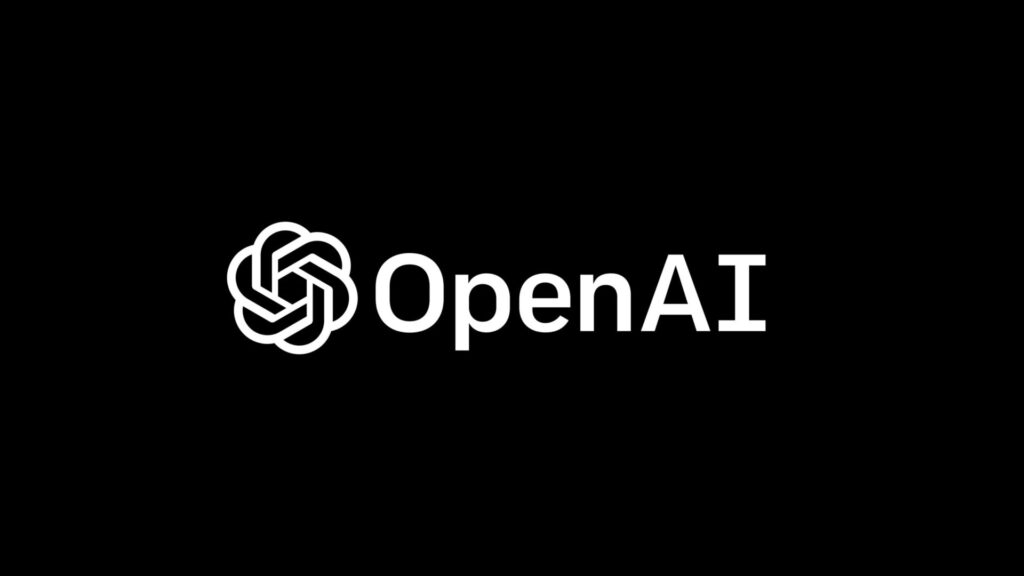
Imagine a digital realm where billions of conversations happen daily, not between humans, but with an artificial intelligence. This is the groundbreaking reality OpenAI’s ChatGPT has quietly cultivated. According to fresh data obtained by Axios and confirmed by OpenAI spokesperson Rob Friedlander to The Verge, users are now sending over 2.5 billion prompts to the AI chatbot every single day. A significant portion of this immense traffic, specifically 330 million daily queries, originates from users within the United States alone. This astonishing volume translates to an estimated 912.5 billion requests flooding ChatGPT annually, painting a clear picture of unprecedented human-AI interaction.
While these numbers are monumental, ChatGPT still faces a significant challenge in catching up to Google’s staggering 5 trillion annual searches. Nevertheless, its meteoric rise positions it as a formidable contender to the search giant’s long-standing dominance. In a remarkably short span, ChatGPT’s weekly user base exploded from 300 million last December to over 500 million by March, showcasing an unparalleled adoption rate. This rapid expansion isn’t merely about novelty; it signals a profound shift in how people access information and execute tasks online.
OpenAI isn’t content to rest on its laurels. The company appears to be strategically sharpening its competitive edge, with a recent Reuters report indicating plans for an AI-powered web browser designed to directly rival Google Chrome. This aggressive strategic maneuver, coupled with the recent launch of ChatGPT Agent—a versatile tool capable of completing various tasks directly on your computer—underscores OpenAI’s clear ambition to expand far beyond its initial conversational AI capabilities. The digital landscape is undeniably transforming, and with ChatGPT’s accelerating influence, the battle for internet users’ attention is only just beginning, hinting at a future where AI serves not just as an assistant, but as a central gateway to the online world.